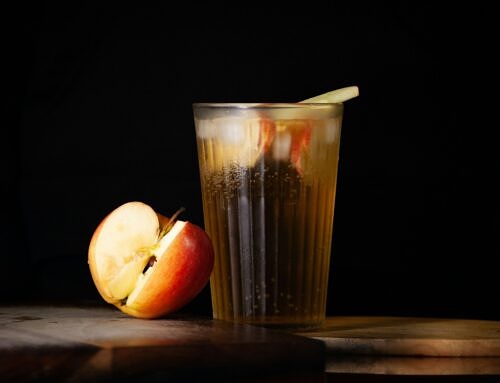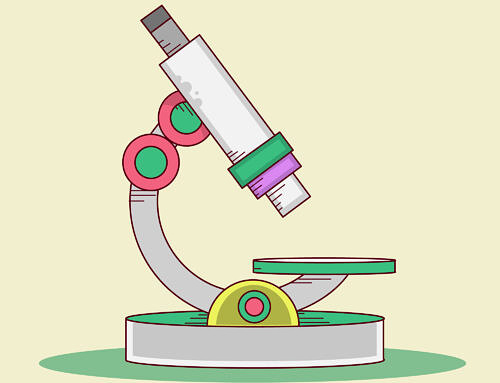
Seed oils such as sunflower, olive and rapeseed have become popular as healthy alternatives to cooking with animal fats such as butter and lard. But, there is also a lot of discussion around whether or not they are actually better.
One aspect of this discussion is how the oils are extracted from the seeds. This post looks into the two main methods of extraction, cold-pressing and chemical extraction, to clarify the differences in terms of their healthfulness.
Cold-Pressed Seed Oil
Cold-pressed seed oils are mechanically extracted with the minimal application of heat and without chemicals. The process helps to preserve the nutrients such as antioxidants, sterols and omega-3 fatty acids.
However, while they have health benefits for the consumer they tend to have shorter shelf lives and a higher cost. They are also less stable when used for cooking.
To help preserve nutrients and extend the shelf life, try storing your oils in dark spaces (ie in cupboards not on worktops, and or in coloured bottles), and in air tight bottles.
Chemically Extracted Seed Oils
To extract seed oils chemically, a solvent such as hexane is used, along with the application of heat. Once extracted the oils go through a refining process which can make them more stable and improves their appearance and shelf life. Sadly, this processing degrades nutrients that were present in the seeds.
This method tends to produce higher yields at lower cost. It is the process used for most commercially available seed oils, unless they state otherwise.
The Health Implications
As mentioned above, the cold-pressed oils retain more of their nutritional value than chemically extracted oils. As well as this, there are a few other health-related differences between them too:
Stability
A 2016 study by Pavlovska, et al found that unrefined sunflower oil had greater nutritional value than the refined oil, but oxidised more quickly and at lower temperatures. Oxidation occurs when the fatty acids react with oxygen from the air. In terms of oils, it reduces their nutritional content as well as negatively affecting the taste and aroma.
It was worth noting however that the stability of oils does not just vary between extraction methods, it can also vary between the types of oil. For example, a 2022 study by Symoniuk et al, found that black cumin seed oil was the most resistant to oxidation while linseed oil was more susceptible. Oils with higher polyunsaturated fatty acid content are more likely to suffer from oxidation.
Toxin Concerns
While safety limits are in place regarding the toxicity of products, there is still some concern about the solvent residues in chemically extracted oils (the majority is removed during refining but traces may still remain in the finished product). One of the concerns is that these safety limits are based on a set level of consumption, but are these levels appropriate to the modern western diet?
Within the EU hexane residues must be below 1mg/kg of oil. However a 2024 review by the European Food Safety Authority recommended this should be re-evaluated due to the reliability and relevance of previous data. Further information can be found here.
Trans Fats
The higher temperatures during refining of chemically extracted oils give rise to concerns about trans fats. These fats are believed to contribute to cardiovascular disease, including poor cholesterol balance and an increased risk of heart disease and stroke. The hydrogenation process that makes oils solid for products such as margarine and spreads, also results in trans fats.
While the preliminary drying of seeds may result in trans fats, cold-pressed seed oils do not generally contain trans fats unless they have been refined or blended with refined oils post production (Brühl, 1996).
Trans fats do occur naturally in some foods, such as meat and dairy, due to bacterial action in ruminant animals. They can also occur during the re-heating and high-heat cooking of oils, as mentioned above.
EU regulations adopted in 2019 require a maximum of 2g trans fat per 100g of fat in food products, other than those naturally occurring in animal sourced foods.
Choosing How to Use Seed Oils
As a nutritional therapist I do of course recommend that you use oils and fats in their more natural forms. But, I know this isn’t necessarily appropriate for everyone practically, financially or medically. So, here is a couple of suggestions of how you can use these oils:
- Use cold-pressed oils when you will be consuming them raw, for example extra virgin olive oil in salads and dressings. You are likely to use and consume more of them, making the nutritional content more important.
- If frying food with butter, or ghee, is not an option, chemically extracted oils may be a good choice as they tend to be more stable than cold-pressed. Of the cold-pressed oils, rapeseed is one of the most stable at high temperatures. Do not reheat or reuse the oil as this may increase your exposure to additional trans fats and free radicals.



